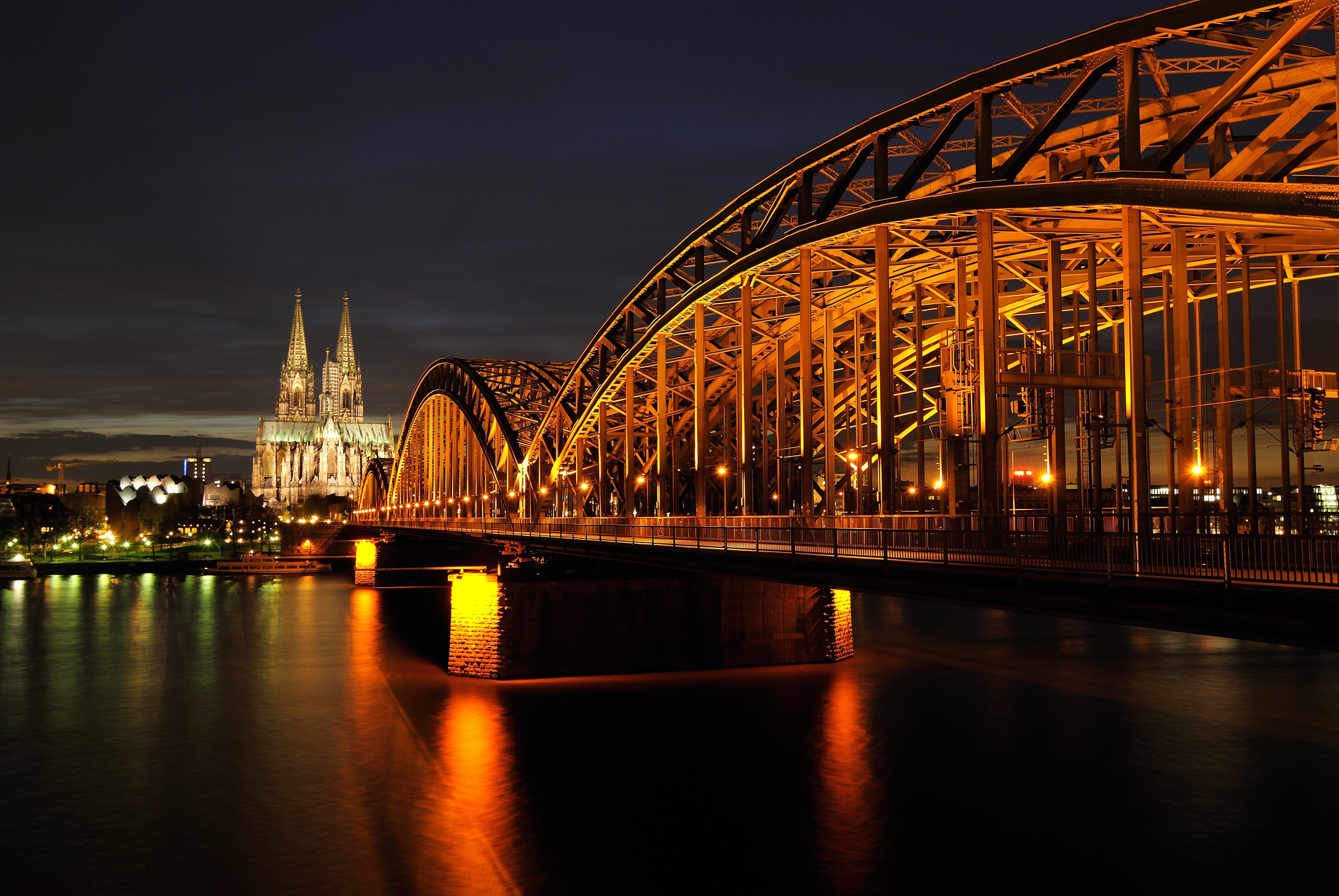Germany is a beautiful country with a lot of scenic locations and cities to visit. From the Black Forest to the historic cities of Berlin and Munich, there's no shortage of things to see and do. One of the best ways to explore Germany is by renting a car. In this blog post, we will discuss everything you need to know about car rental in Germany.
Top travel destinations in Germany that you shouldn't miss on your next road trip.
1. Berlin
The capital city of Germany, Berlin, is a must-visit destination. With a car rental, you can easily navigate the city's famous landmarks, such as the Brandenburg Gate, Berlin Wall, and the Reichstag. Don't forget to visit Museum Island, where you can explore world-class museums and art galleries.

2. Munich
Munich, the capital of Bavaria, is known for its beautiful architecture, rich history, and the world-famous Oktoberfest. Rent a car and drive to the Marienplatz, the city's central square, or visit the stunning Nymphenburg Palace. Munich is also the gateway to the Bavarian Alps, making it an ideal base for exploring the region.
3. Romantic Road
One of Germany's most famous driving routes, the Romantic Road, stretches over 350 kilometers from Würzburg to Füssen. Renting a car allows you to explore the picturesque towns, medieval castles, and stunning landscapes along the route. Must-see stops include Rothenburg ob der Tauber, Neuschwanstein Castle, and the charming town of Dinkelsbühl.

4. The Black Forest
Rent a car and drive through the enchanting Black Forest, known for its dense forests, picturesque villages, and traditional cuckoo clocks. Highlights include the spa town of Baden-Baden, Triberg Waterfalls, and the scenic Schwarzwaldhochstraße route.

5. Hamburg
Germany's second-largest city, Hamburg, offers a unique blend of maritime charm and modern sophistication. With a car rental, you can explore the city's historic Speicherstadt district, visit the stunning Elbphilharmonie concert hall, or take a scenic drive along the Elbe River.
6. Cologne
Cologne, located on the banks of the Rhine River, is famous for its impressive Gothic Cathedral, lively beer halls, and vibrant arts scene. Rent a car and explore the city's many museums, galleries, and historic sites, or take a day trip to the nearby Rhine Valley.

Types of cars available for rent in Germany
There are different types of cars available for rent in Germany, including economy, compact, midsize, full-size, and luxury cars. The type of car you choose depends on your budget, the number of people traveling with you, and the amount of luggage you have. It is important to note that most rental cars in Germany have a manual transmission, so if you are used to driving an automatic, you may need to specify this when booking your rental car.
Documents needed to rent a car in Germany
To rent a car in Germany, you need to have a valid driver's license, a credit card in your name, and an International Driving Permit (IDP). The IDP is required if your driver's license is not in German or English. You can obtain an IDP in your home country before your trip to Germany.
Age requirements for car rental in Germany
The minimum age to rent a car in Germany is 18 years old, but most car rental companies require drivers to be at least 21 years old. If you are under 25 years old, you may be required to pay an additional fee called a "young driver surcharge."
Insurance coverage for rental cars in Germany
When you rent a car in Germany, it usually comes with basic insurance coverage that includes liability insurance and collision damage waiver. Liability insurance covers damage to other people's property or injury to other people, while collision damage waiver covers damage to the rental car. However, this coverage may not be enough, and you may want to purchase additional coverage, such as personal accident insurance or theft protection. Before renting a car, make sure you understand the insurance coverage and any additional fees that may apply.
Driving laws in Germany
Driving in Germany is similar to driving in other European countries, but there are a few differences to keep in mind. Here are some important driving laws to be aware of:
Speed limits: The speed limit on most German highways is "no speed limit," but there are still some areas where speed limits are enforced. In urban areas, the speed limit is usually 50 km/h (31 mph), and in rural areas, it is usually 100 km/h (62 mph).
Seat belts: All passengers in the car must wear seat belts at all times.
Alcohol limit: The legal blood alcohol limit in Germany is 0.05%, but it is best to avoid drinking and driving altogether.
Parking: In Germany, parking is not allowed on the side of the road with a solid yellow line or a yellow curb. Blue lines indicate paid parking areas, while white lines indicate free parking.
Toll roads in Germany
Some highways in Germany require payment of a toll, called a "vignette." However, rental cars usually come equipped with a vignette, so you do not need to purchase one separately.
Where to rent a car in Germany
There are many car rental companies in Germany, including international brands like Avis, Hertz, and Europcar, as well as local companies like Sixt and Buchbinder. You can rent a car at airports, train stations, and city centers throughout Germany. It is recommended to book your rental car in advance, especially if you are traveling during peak season or holidays.
Germany offers a wealth of travel experiences, from bustling cities to scenic countryside drives. Renting a car allows you to explore these top destinations at your own pace, ensuring a memorable and enjoyable journey. So, pack your bags, book your car rental, and get ready to discover the wonders of Germany.





